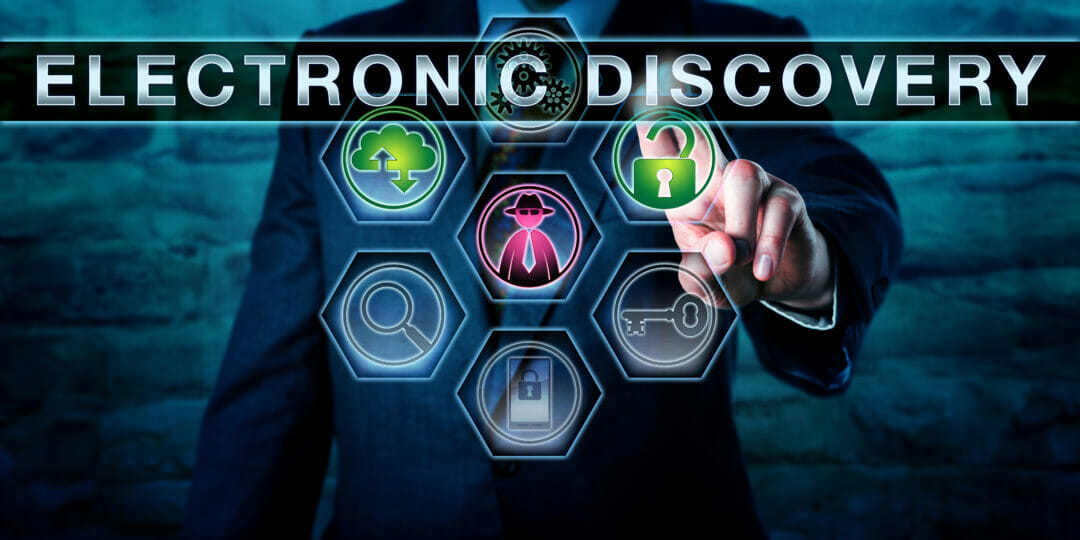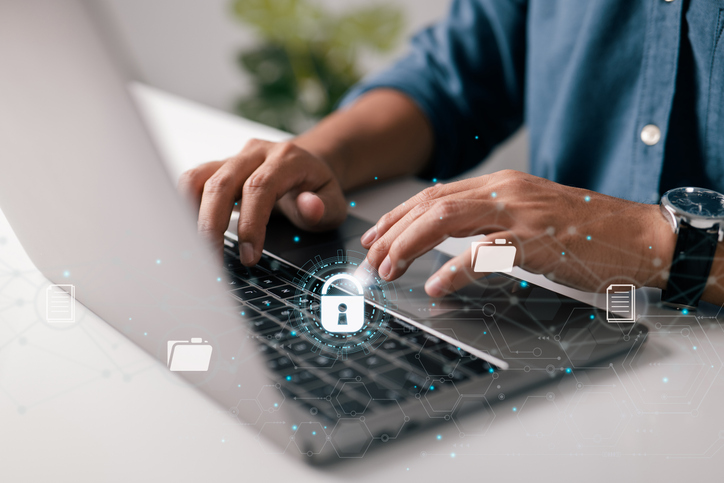The past 18 months has seen the global business landscape change beyond all recognition, with the COVID-19 pandemic causing a seismic shift away from office spaces and towards more flexible home working routines. As the dust slowly begins to settle again, the majority of businesses now look likely to adopt a more hybrid business approach, which will see employees split their work time between home and the office. In fact, according to Microsoft, two-thirds of business leaders are already considering redesigning their physical spaces to better accommodate hybrid work environments going forward.
However, while such an approach has multiple benefits for both employees and businesses, including a better work-life balance and even a higher level of productivity in many cases, it also creates a number of new challenges, particularly when it comes to data security and compliance. Much of this is centred on three new trends resulting from the shift to home working:
- A growing reliance on personal devices for work activity: A recent study found that a third (33%) of workers now use personal devices such as a computers or smartphones to facilitate home working, instead of a device issued by their employer.
- Critical communication shifting to messaging apps: 73% of employees in the same study revealed that they prefer to use mobile and consumer messaging applications like WhatsApp for work over more dedicated business communication platforms.
- An increasingly distributed workforce: The rise of remote working has also led to teams becoming scattered across much larger geographies and locations than they previously were. Some businesses have even widened their recruitment nets to encompass remote employees in other countries.
How to inspire and empower your remote or hybrid workforce
For businesses, the combination of these factors has led to a big increase in corporate risk, putting significant pressure on any corporate investigations that need to be conducted and making the eDiscovery process much more difficult. Not only are employees and their devices a lot less accessible than they used to be, but the growing use of personal devices, many of which lack proper security protocols or use unsecured networks, leaves company data much more vulnerable to theft or loss. If that wasn’t enough, heightened privacy concerns and the likelihood that personal data will be unintentionally swept up in any eDiscovery processes can make employees even more reluctant to hand over their devices to investigators if/when needed (if investigators can even get hold of them).
As a result, many companies are suddenly finding themselves between a rock and a hard place. How can they operate a more employee friendly hybrid working model while still maintaining the ability to carry out corporate investigations and eDiscovery in the event it’s required?
Fortunately, there’s a growing number of data collection solutions and cloud platforms available to help enterprise investigators adapt to – and overcome – the challenges of a hybrid workforce. Many of these solutions are purpose designed for the task at hand, making the eDiscovery process easier for all involved, even across highly fragmented environments.
For instance, some leading solutions now have the ability to centrally access and collect data remotely from almost any digital device (including iOS and Android devices, Mac and Windows computers), regardless of whether it is on the corporate network or outside of it. Doing so eliminates the costs and logistical headaches associated with trying to send investigators directly to an employee’s location.
Of course, privacy remains a key concern for any employee involved in the eDiscovery process. For this reason, leading providers have also introduced safeguards into their solutions that ensure only information relevant to the investigation is taken from any device. As part of this, employees must provide explicit consent before their data is collected, with records of this permission automatically created as part of the discovery process for audit purposes.
Once collected, investigators can then use the same solutions to view consolidated chat threads and even recover deleted messages from messaging and chat applications, ensuring nothing important gets missed. All of this gives them the ability to quickly build a comprehensive, 360-degree picture of employee communication, across every type of working environment. Doing so means they can piece together an accurate picture of events and confidently uncover the truth – whether providing evidence that supports or refutes claims of employee misconduct.
With businesses increasingly accepting that hybrid working is here to stay, they must now adapt their processes to solve the key operational and security challenges it creates. When it comes to corporate risk and eDiscovery, a combination of fragmented workforces, changing work habits and privacy concerns have rendered many traditional approaches obsolete. However, advances in technology mean these hurdles can now be overcome through the power of the cloud, for those willing to embrace it.








